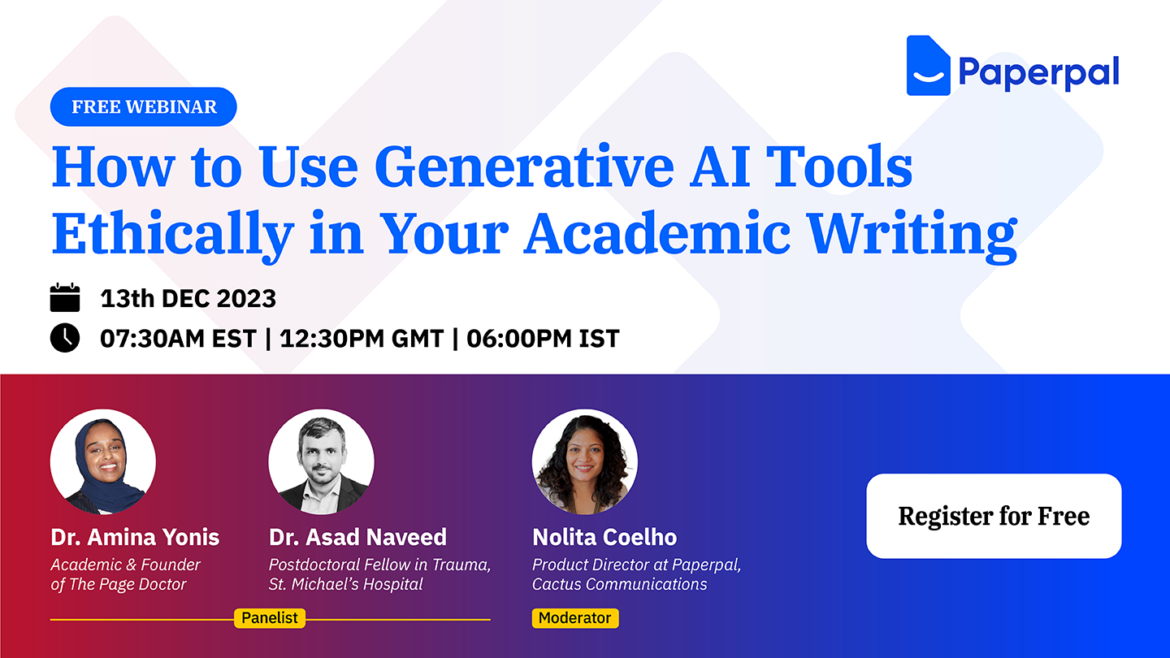If we think of reading a book as a journey, chapters are like milestones that show how far we’ve come. But calling them just milestones is too simplistic an explanation – chapters do more than that in both academic and non-academic books. They guide the reader through a well-structured journey, …
Academic Writing Guides
Authors and research students often get anxious when it comes to citing sources in academic writing. For most, this is a task done at the far end of the research writing process, where they face the challenge of including proper citations collected over a long period. While many are disciplined …
The most challenging part about writing a scientific paper is getting started. After spending months and sometimes years conducting research, creating notes, and collecting data, researchers often find themselves struggling with how to present their work in the form of a well-written scientific paper. This is not surprising, given that …
Empirical research relies on gathering and studying real, observable data. The term ’empirical’ comes from the Greek word ’empeirikos,’ meaning ‘experienced’ or ‘based on experience.’ So, what is empirical research? Instead of using theories or opinions, empirical research depends on real data obtained through direct observation or experimentation. Why Empirical …
In academic writing, paraphrasing plays a crucial role in maintaining one’s voice, avoiding plagiarism, and showcasing a deep understanding of the topic being researched. The ability to paraphrase research papers effectively allows PhD students and early career researchers to engage with existing literature meaningfully, synthesize ideas, and contribute to scholarly …
The integration of artificial intelligence (AI) tools into the academic writing process has sparked numerous debates, particularly around the ethical considerations of plagiarism and AI detection. The interest in this topic was evident in the engagement and enthusiasm we saw in our recent webinar on the ethical use of AI …
We define an argumentative essay as a type of essay that presents arguments about both sides of an issue. The purpose is to convince the reader to accept a particular viewpoint or action. When writing an argumentative essay, the writer takes a stance on a controversial or debatable topic and …
Research writing is a challenging task that requires a lot of time, effort, and creativity. You need to find relevant sources, synthesize information, organize your ideas, and present them in a clear and convincing way based on recommended research paper templates. But what if you could speed up your research …
Generative AI tools have emerged as a powerful ally for researchers and students around the world. But the academic community embraces AI for their academic writing needs, it becomes imperative to understand not just the capabilities of these generative AI tools but also the ethical considerations that should guide their …
Narrative essays are a type of storytelling in which writers weave a personal experience into words to create a fascinating and engaging narrative for readers. A narrative essay explains a story from the author’s point of view to share a lesson or memory with the reader. Narrative essays, like descriptive …












